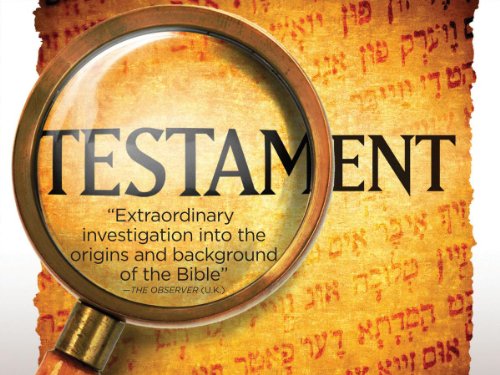Session Six
Power & Glory

A Class At First Presbyterian Church of Aiken
After barbarian invaders sacked Rome, monks in far-flung outposts such as Scotland and Ireland kept Christianity alive, eventually reconverting the continent and setting the stage for Charlemagne and the Holy Roman Empire.
|
Reading: Chapter 6. Romer, John (1989) Testament: The Bible and History. New York, NY: Holt & Henry.
Episode 6: Power & Glory
Study Questions:
-
How did the Roman empire fall?
-
Constantinople had been founded by a Western emporer but had always looked Eastward. Explain this.
-
What is Justinian's Church in modern day Istanbul called now? How did this happen?
-
Romer asserts that during the Middle Ages the monks and monastaries kept learning and knowldege alive in the West. However evidence is that during this period of time science, literature, mathematics and learning were expanding dramatically in the Islamic world. So is it fair to say that these Christian institutions "kept learning and kowldege alive in the West?
-
Who was the Venerable Bede and what roll did he play in keeping the Bible alive?
-
The Emperor Charlemagne was known as a lawmaker. To what degree did his lawmaking relate to the Bible?
-
As the "old Christianity" of Contstantine waned, what form of faith replaced it?
-
When Mehmet the Conqueror took Constantinople and sacked the city and the Church of Justintine, it is said the church lost half of its literature. How could that be possible?
|
|